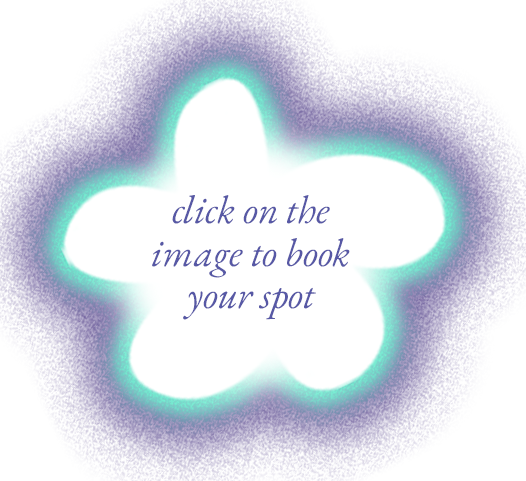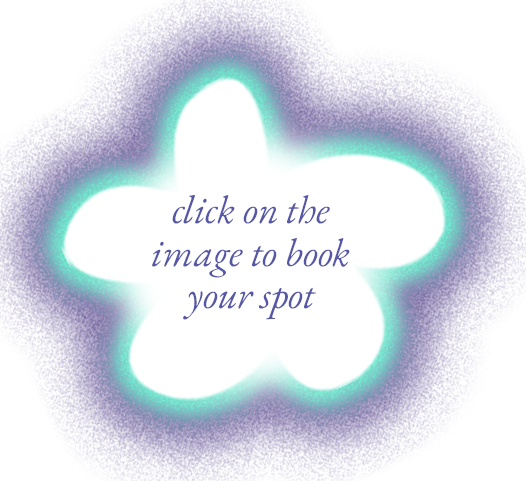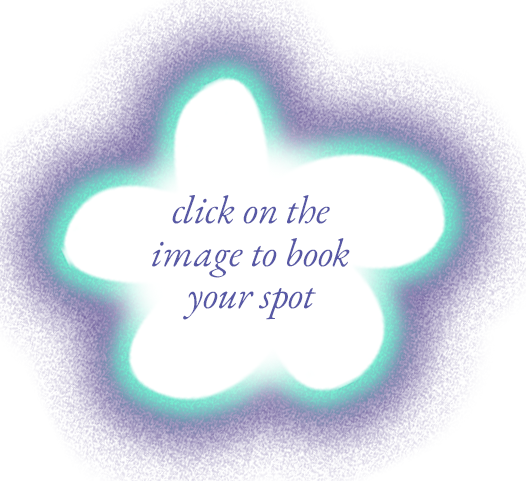Lotte van den Hoogen (1994) presents her project fe-mini-ism, with which she wishes to provoke a connection through sharing personal stories. In this workshop all participants are asked to make a zine about an experience/life story regarding feminist themes that they think can benefit someone else.
This experience/story can be something life changing or just something that happened to them when they walked to the bus stop that morning. These zines are then reproduced and distributed via a former Tampon machine. The tampon dispenser refers to a space where a lot of female interaction takes place: the women’s restroom – the perfect place to start a mini-revolution.
This workshop will be an experiment in creating a collaborative moving image zine about Zine Camp 2023.
Zines have traditionally included, blended and meddled with various crafts and mediums: writing, illustration, calligraphy and typography, photography, coding, printmaking, ... But due to material constraints, it has been rather difficult to publish moving images in or as zines. For the last fifteen years, Florian has been experimenting with different forms of moving image zines or zine-style moving image production. His inspirations were early punk zines and their quick-and-dirty DIY poetics, as well as underground filmmaking of the 1960s and 1980s, which documented subcultural events in experimental, no-budget ways.
In this workshop, he would like to share his own experiences and begin a new collective experiment with everyone. It will consist of (a) a historical review and technological exploration of the possibilities of low-cost/low-tech, DIY, autonomous moving image publishing, (b) a collective brainstorming on how to make moving image-based publications that fit the DIY and community ethos of zine culture, (c) the collective production of a moving image zine during the two days of Zine Camp.
In Sunflower Soup's 'Unpotato' workshop we follow the potato on its journey through continents, soil, food, metabolism and starch. The potato is usually seen as a trivial and ubiquitous source of food, it's just there. We don't think too much of it, which is surprising given that there are more than 4500 varieties of potatoes known worldwide and that almost every food culture in the world uses potatoes. This ubiquity obscures how the lives of humans and potatoes have been entangled throughout history.
We will work together to produce a small publication about the life of the potato. This zine will be made entirely from edible materials; paper from potato starch, pigments from sweet potatoes and juices, and potato stamps. The final zine and all the potatoes used in the workshop will be put into a soup. The soup will be served at the end of the workshop and eaten by all participants, thus digesting the original zine.
In Sunflower Soup's 'Unpotato' workshop we follow the potato on its journey through continents, soil, food, metabolism and starch. The potato is usually seen as a trivial and ubiquitous source of food, it's just there. We don't think too much of it, which is surprising given that there are more than 4500 varieties of potatoes known worldwide and that almost every food culture in the world uses potatoes. This ubiquity obscures how the lives of humans and potatoes have been entangled throughout history.
We will work together to produce a small publication about the life of the potato. This zine will be made entirely from edible materials; paper from potato starch, pigments from sweet potatoes and juices, and potato stamps. The final zine and all the potatoes used in the workshop will be put into a soup. The soup will be served at the end of the workshop and eaten by all participants, thus digesting the original zine.
If you'd like to explore making care-based webzines with your small, but powerful stories, please join the program! Webzines, like print zines, are personal, story-based publications, but can also be made interactive and nonlinear through code using basic programming languages HTML, CSS, and a bit of JavaScript (if you like!). In this workshop, Nami and Eloisa will lead participants who have little to no coding experience on how to craft their own webzines, centred around programming with care. Using principles of inclusive design, we will create webzines with accessibility in mind, emphasising the use of semantic HTML & CSS.
Semantic HTML is the foundation of good code -- even the oldest browsers can display websites and make them accessible for many users if they are written in proper HTML. It is especially crucial for disabled and marginalised users who might use assistive technology, or are on old and unsupported devices.
There will be a quick introduction to semantic HTML & CSS, and much time will be devoted to a DIY webzine-making session with guided assistance by the hosts. Participants are encouraged to bring personal writings, pictures, or audio files that they may want to incorporate in their work. For examples on webzines and how they can look like (there are countless ways, and no wrong answers), please visit these links: https://htmlzineclub.usersentimentalexperience.net/htmlzineclub/ and EL's website (TBD, will be updated on September).
Nami Kim is a web publisher and a lecturer who explores the relation between amateur coding culture and user experience discourse. Eloisa Guerrero is a media and software artist and accessibility specialist.
In Sunflower Soup's 'Unpotato' workshop we follow the potato on its journey through continents, soil, food, metabolism and starch. The potato is usually seen as a trivial and ubiquitous source of food, it's just there. We don't think too much of it, which is surprising given that there are more than 4500 varieties of potatoes known worldwide and that almost every food culture in the world uses potatoes. This ubiquity obscures how the lives of humans and potatoes have been entangled throughout history.
We will work together to produce a small publication about the life of the potato. This zine will be made entirely from edible materials; paper from potato starch, pigments from sweet potatoes and juices, and potato stamps. The final zine and all the potatoes used in the workshop will be put into a soup. The soup will be served at the end of the workshop and eaten by all participants, thus digesting the original zine.
DAY 1
DAY 2
Sound Jams is a series of collective audiozines making that artist and facilitator Ål Nik facilitates with the aim to inspire makers to play with the sonic format in their work. In this workshop, the group will create an audio collage of infomercials. The makers will be led through a playful process of doodling, writing and experimenting with alternative reality speculations, turning them into fun and short radio commercials.
It is recommended to bring your smartphone and a laptop, and to install Audacity in advance.
You can download it for free here: https://www.audacityteam.org/.
Here you can have a look at the basics of using the programme: https://support.audacityteam.org/basics/downloading-and-installing-audacity.
Have questions? Write to Ål here: aenikolova@gmail.com
The OOOReading Club is a group that collaborates/works with language as an experimental tool. Founded by Tiiu Meiner and Anna Bierler, the club gathers regularly to explore poetry through reading and writing. It welcomes everyone, regardless of their writing background, aiming to encourage writing as a social practice for working through and expressing thoughts.
OOOReading Club hosts a session during the Zine Camp, where they will lead participants in a poetry writing workshop. The poems created during the session will be compiled into a zine. The session will give a preliminary lesson on poets who we admire for their resilience and methodologies for weaving resilience into language. The foundation of their inspiration comes from Audre Lorde's words: "Poetry is not a luxury. It is a vital necessity of our existence. It forms the quality of the light within which we predicate our hopes and dreams toward survival and change, first made into language, then into idea, then into more tangible action." OOOReading Club wants to emphasize poetry as a means of earthly survival, particularly in challenging times. Writing poetry can serve as a cathartic and essential way to work through difficulties.
By sharing these poems, and empowering others to write their own stories of resilience, to encourage sharing stories of bearing with, overcoming, flowing through, or persisting through tough times. The publication will illustrate solidarity for the existence and acceptance of the difficulties we all face. Collaborating on this zine is significant to the club, as it strives to publish the works produced within its sessions and give material form to the brilliance of poetry within each of us.


